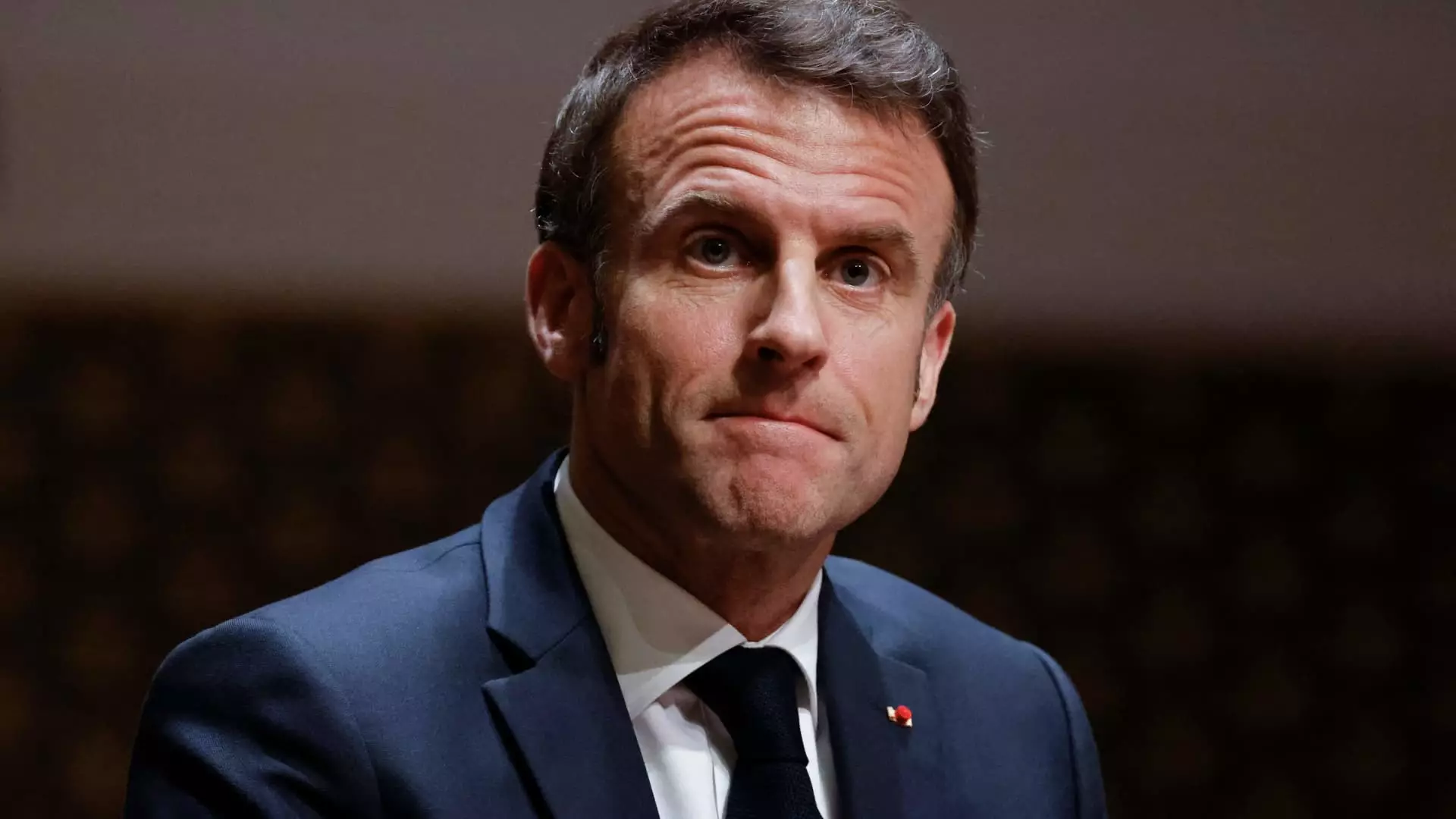The recent snap parliamentary election in France has revealed some surprising results, with a significant surge in votes for the anti-immigrant National Rally party. According to early polling data from national broadcaster France 2, National Rally (RN) secured 34% of the vote, surpassing President Emmanuel Macron’s centrist alliance, which came in third place with 20.3% of the votes. The leftist New Popular Front (NFP) alliance secured 28.1% of the votes, highlighting a shift in the country’s political landscape.
Implications for Second Round
In the French electoral system, candidates are only elected in the first round if they receive an absolute majority of votes and garner more than 25% of the registered local electorate’s support. If no candidate meets this criterion, a second round of voting is held, listing the top two candidates along with any others who secured more than 12.5% of registered voters’ support. The upcoming second round of voting on July 7 will be crucial, as it will determine the final outcome of the election.
Despite National Rally’s strong showing in the first round, projections suggest that no single party has won an outright majority of at least 289 seats in the 577-seat parliament, hinting at a potential hung parliament. This outcome could lead to a period of political and economic uncertainty in France. President Emmanuel Macron is expected to remain in office until 2027, regardless of the election results. However, he may face pressure to elect a new prime minister from National Rally, possibly 28-year-old President Jordan Bardella, who would have a significant influence over domestic and economic policy.
The rise of National Rally poses a challenge to Macron’s leadership and could result in a so-called “cohabitation” scenario, where the president’s party must work with opposition parties in government. This could complicate decision-making and lead to concerns among economists about the impact on France’s economy, as well as the broader implications for the euro zone. Macron’s decision to call for a snap election in response to his party’s defeat in the European Parliament elections was seen as a gamble that appears to have emboldened his political rivals.
Overall, the current political landscape in France is marked by a significant shift towards the far-right National Rally party, setting the stage for a potentially turbulent period in French politics. The outcome of the upcoming second round of voting will be crucial in determining the country’s future direction and the extent of National Rally’s influence in the government.



Leave a Reply